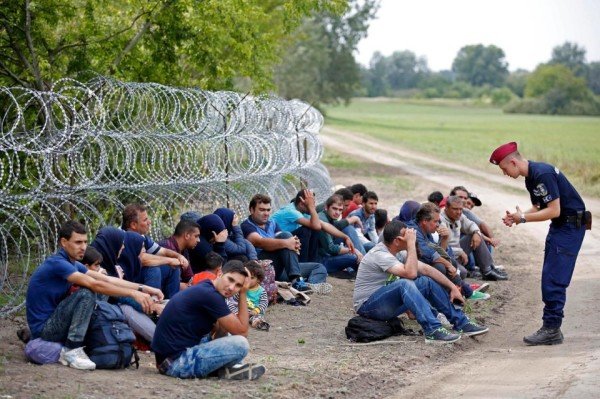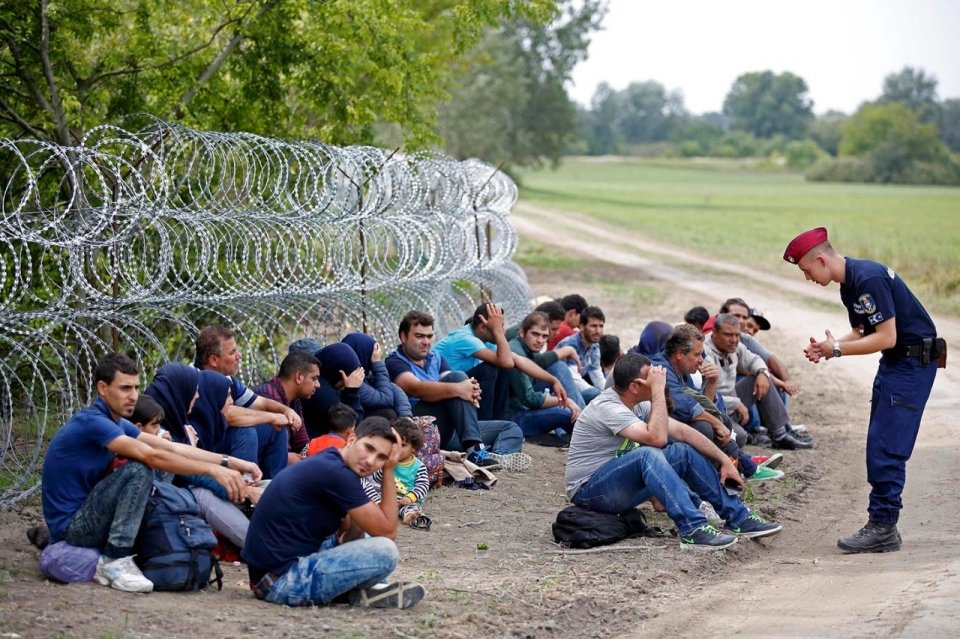EU ministers are meeting in Brussels to try to resolve a dispute over how to relocate 120,000 refugees who have recently arrived in Europe.
Some central European states have resisted calls for EU members to accept mandatory quotas.
Whatever is decided, the UN says the EU’s plans will not be enough.
The refugees are part of 500,000 to have arrived by sea this year so far. Germany says it expects at least 800,000 this year.
The arrival of hundreds of thousands of asylum seekers has created deep EU divisions.
Home affairs ministers meeting in Brussels on September 22 are hoping to reach agreement which would be ratified by EU leaders on September 23.
Hungary, Slovakia, the Czech Republic and Poland all oppose the idea of obligatory quotas, promoted by Germany which has accepted large numbers of migrants.
German Chancellor Angela Merkel said two weeks ago that mandatory quotas were “a first step” towards a more permanent scheme to deal with the influx.
However, mandatory quotas have now been dropped, diplomats say, and a voluntary relocation scheme is now on the table.
Most of those arriving in the EU are from war-torn Syria, the European Commission says.
The relocation scheme would prioritize refugees recognized as “in need of international protection” – those from Syria, Eritrea and Iraq, according to EU data.
The 120,000 would be transferred from Hungary, Greece and Italy – the states where most migrants have been entering the EU.
The UK, under an opt-out, would not be part of the relocation scheme but has already agreed to take 20,000 refugees directly from countries bordering Syria over the next five years.
The Irish Republic and Denmark, with similar opt-outs, have agreed to take part in the EU scheme.
The UN Refugee Agency has warned that the relocation scheme will be insufficient given the large numbers arriving in Europe.
“A relocation program alone, at this stage in the crisis, will not be enough to stabilize the situation,” spokeswoman Melissa Fleming said.
The number of those needing to be relocated will probably need to be revised upwards significantly, she said.
Newcomers continued arriving in southern Europe on September 22 in the hope of making their way north to Germany and Scandinavia.
Hundreds are crossing the Hungarian border into Austria – and about 4,000 are reaching the Greek island of Lesbos every day.
